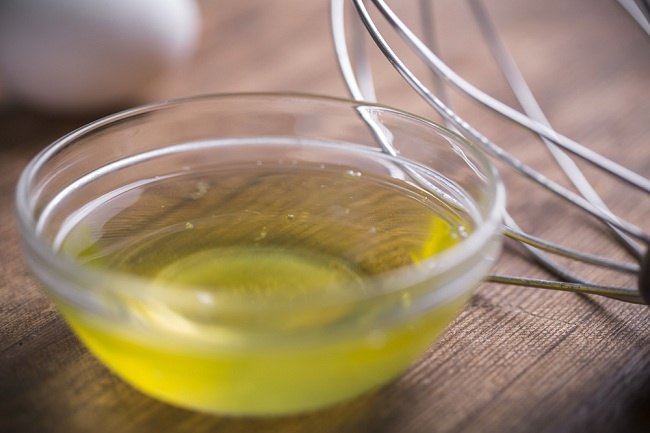The benefits of fennel for nursing mothers have been known for a long time. This plant is known to have galactagogue properties that can increase production and facilitate breast milk. On the other hand, fennel should not be consumed in excess, because it can cause side effects for the body.
The fennel plant has green and white colors with hairy-looking leaves. The leaves and seeds are often processed into spices and herbal medicines. Fennel seeds also have a distinctive aroma thanks to the volatile oil content in them.

Fennel Nutrient Contents
In 100 grams of fennel, there are 30 calories and a variety of the following nutrients:
- 1.2 grams of protein
- 3 grams of fiber
- 7 grams of carbohydrates
- 50 milligrams of phosphorus
- 50 milligrams of calcium
- 17 milligrams of magnesium
- 0.7 milligrams of iron
- 4 milligrams of zinc
- 400 milligrams of potassium
- 12 milligrams of vitamin C
- 950 IU of vitamin A
Fennel is also rich in antioxidants and other nutrients, such as B vitamins, folate, beta carotene, and zinc. The nutritional content is found in the leaves and seeds. However, fennel seeds generally contain a higher nutritional value than the leaves.
Fennel Benefits for Streamlining Breast Milk Production
Research has shown that fennel has galactagogue properties that can facilitate milk production in nursing mothers. Not only that, in fennel seeds are also found compounds anethole, which is a compound that has properties similar to the hormone estrogen and is able to stimulate the release of breast milk.
Some studies also show that fennel can increase the hormone prolactin. This hormone produced in the brain is responsible for stimulating the production of milk in the breast glands.
Well, to get the benefits of fennel in smoothing breast milk production, you can consume fennel in the following ways:
- Brew a few spoonfuls of fennel seeds into herbal tea
- Adding fennel seeds as a cooking spice
- Consuming fennel leaves as a side dish or part of a healthy daily diet
- Taking fennel in the form of a lactation supplement
However, you need to know, the effectiveness of fennel to launch and increase milk production in breastfeeding mothers still needs to be investigated further. To be on the safe side, it is recommended that you consult with your doctor first before using fennel as a breast milk booster.
The Effectiveness and Side Effects of Fennel as a Breastmilk Smoothing
Fennel is categorized as a safe food ingredient and can be consumed by adults, including nursing mothers. Not only that, this plant is even believed to be able to treat colic in infants, but its use should not be more than 2 weeks.
However, you are not advised to consume fennel in excess, because it can cause side effects for your body and your little one.
Some research says that consuming too much fennel in nursing mothers seems to have an effect on the baby and makes the baby more fussy.
In addition, you are advised to avoid consuming fennel if you have the following conditions:
- Allergy to fennel or other foods, such as carrots and celery
- Blood clotting disorders (hemophilia)
- Endometriosis
- Cancer, such as ovarian cancer, breast cancer, or uterine cancer
To ensure the benefits of fennel for nursing mothers and its side effects, you can consult with your doctor before using fennel supplements as a breast milk booster. That way, the doctor can determine a safe dose and according to your condition and needs.









